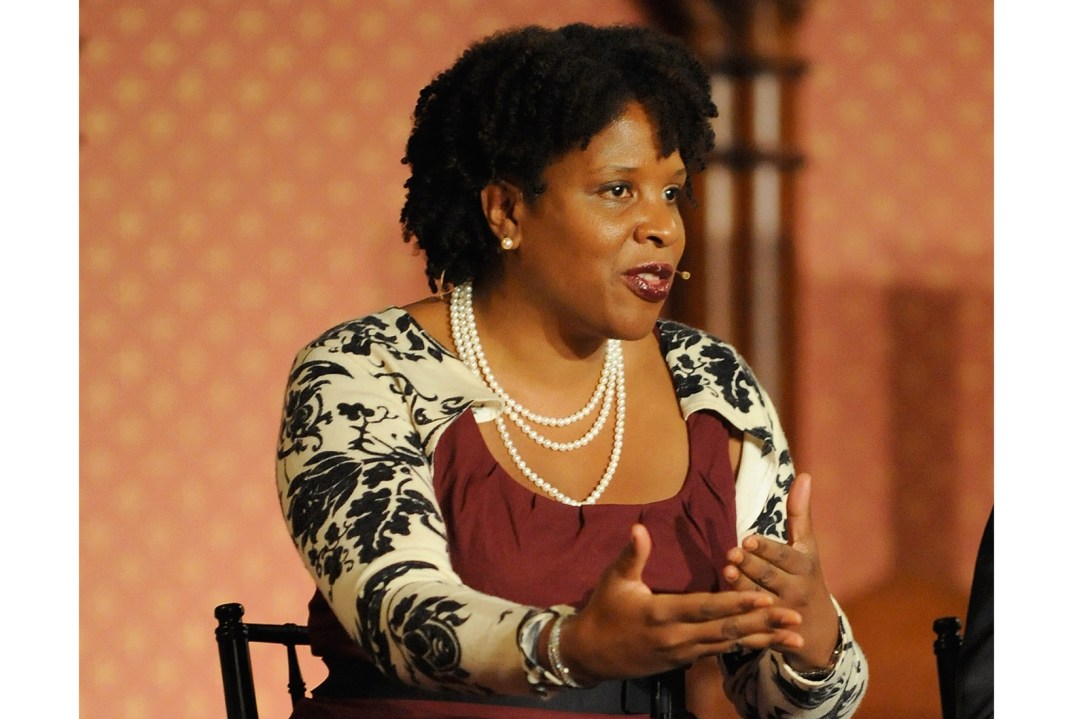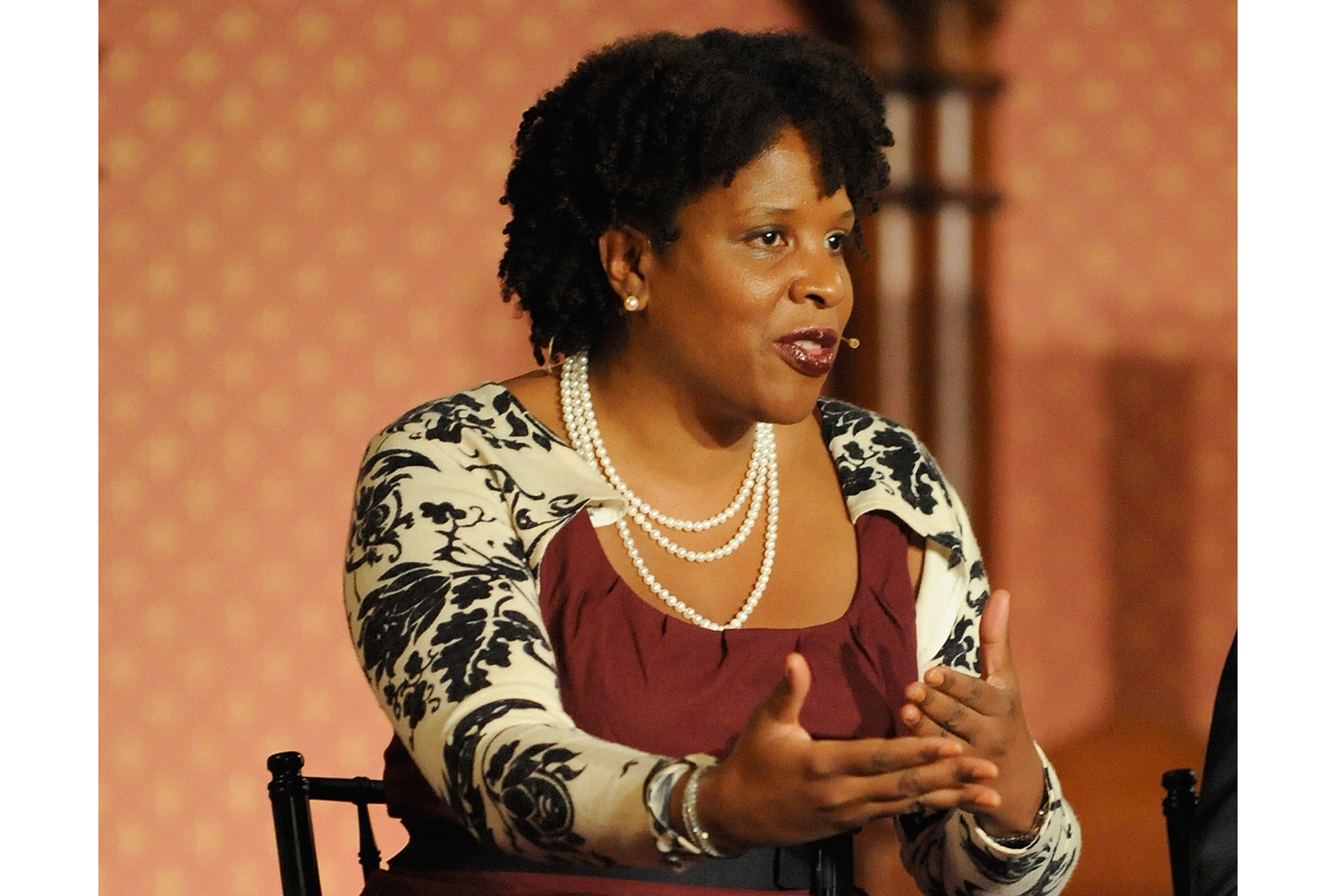Conservative estimates place the number of those in America with more than one spouse as up to 100,000, but the figure is much higher. Bigamy, which is outlawed in 50 states, takes place in secret, with only a handful of people knowing about it. ‘It’s a shame that there isn’t a true name for a woman like my mother Gwendolyn,’ says Dana Lynn Yarboro, the ‘other’ daughter of her father’s ‘other’ wife, in Tayari Jones’s Silver Sparrow, a novel that examines the multitudinous effects of bigamy — how it can extend families, break them, confuse identity and damage lives.
‘There are other terms I know,’ Dana continues.‘When she is tipsy, angry or sad, Mother uses them to describe herself: concubine, whore, mistress, consort.’ Dana herself, the narrator of the first half of this book, is known as the ‘secret’ daughter or ‘outside child’. Chaurisse, who doesn’t know that Dana exists, is their father James’s ‘real’ daughter — the one he ‘loves in public’.
Last year Jones won the Women’s Prize for Fiction for American Marriage. Her latest novel also studies a way of loving, and of being a family, that doesn’t fit the confines that American society allows or expects: ‘The six of us were hog-tied, fastened in place by different knots’ — an allusion to being trapped, to violence and to the suffering that Dana especially experiences as a result of her father’s bigamy. She isn’t allowed to attend the same courses, schools or colleges as her oblivious sister, who gets first pick; she obsesses over the choices Chaurisse makes, which inevitably limit her own; she can’t contact her grandmother or even include her father in the portrait of her family she draws at kindergarten — a small but deeply sad moment.
Particular significance is placed on rings throughout. ‘A thin gold-plated band’, ‘the flash of his wedding band’ signal the boundary between the public life of a ‘real’ family and the secret life of the ‘other’. The lack of a ring comes to symbolise invisibility, inadequacy, shame and self-doubt. When the boy whom Dana is seeing gives his class ring (worn by students to commemorate their graduation) to another girl, she compares her own dark skin to the skin of the girl the boy is openly dating, which is pale, ‘like expensive china’.
As with ‘other’ wives, there is no ‘true’ designation for ‘other’ offspring. But in this beautiful tribute to children such as Dana, Jones has passed one down. In an interview at the end of the book she describes emails she has received from readers. One begins: ‘I guess I am a Silver Sparrow. I just never had a name for it.’






Comments